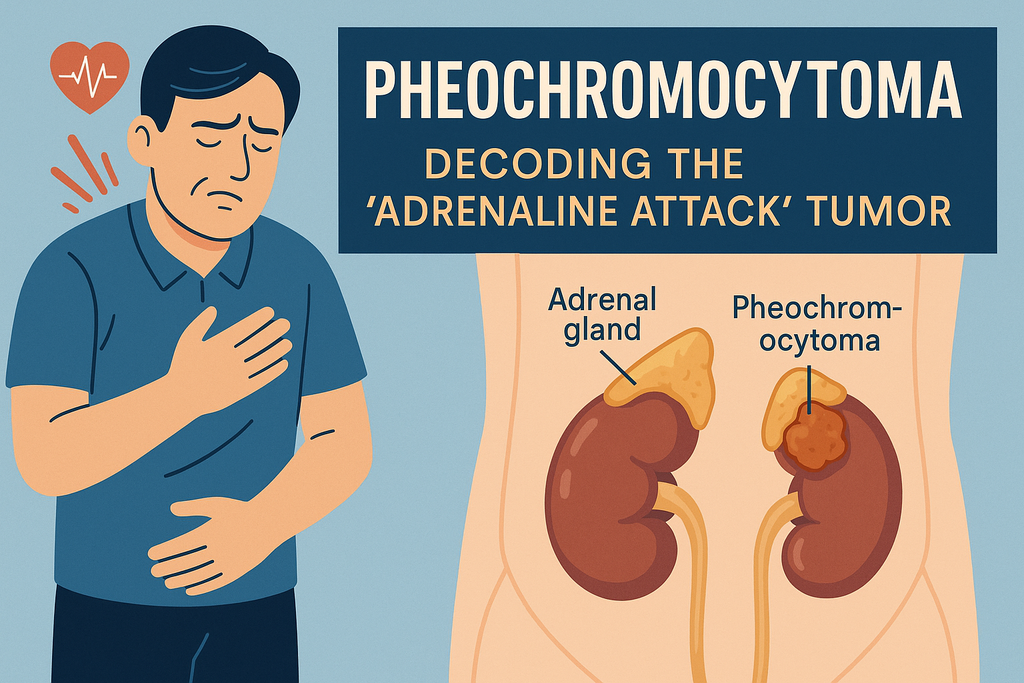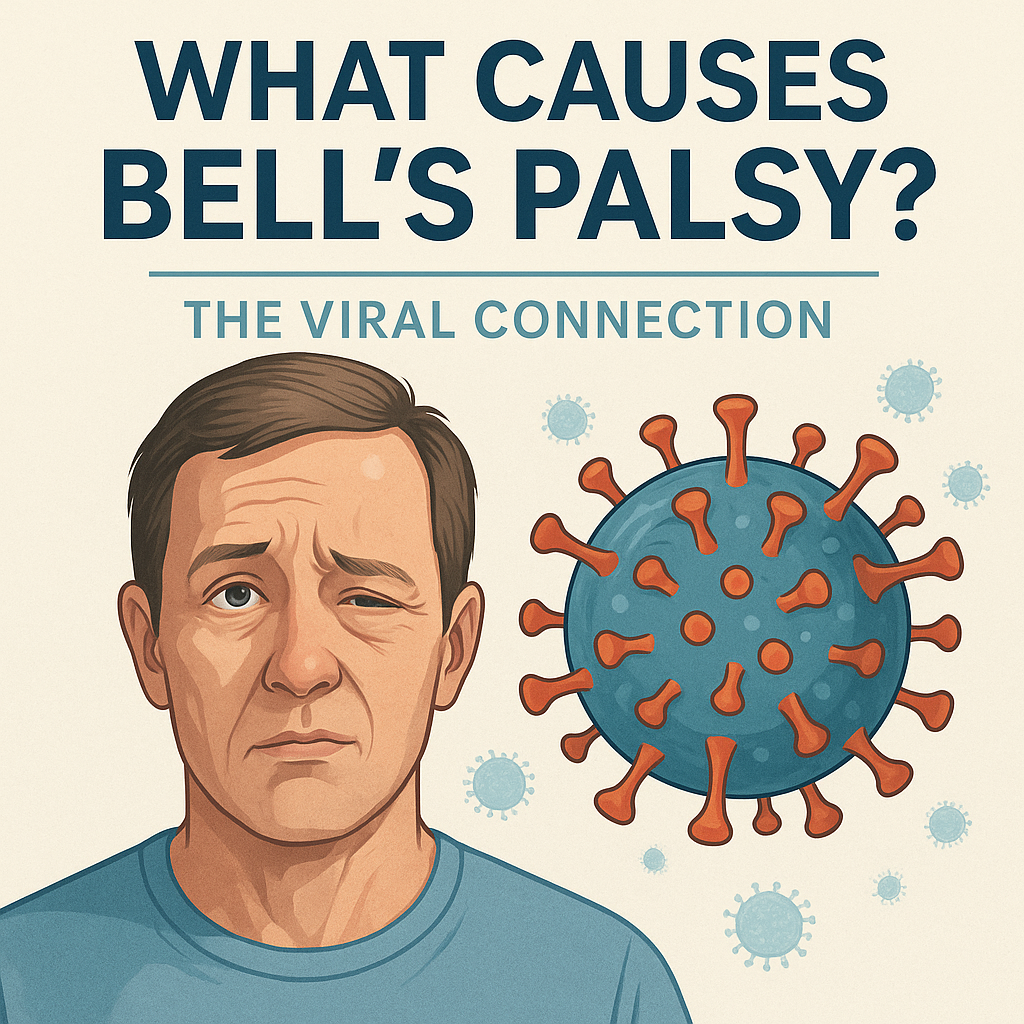News — metanephrines
Pheochromocytoma: Decoding the “Adrenaline Attack” Tumor
adrenal cancer adrenal crisis adrenal gland tumor adrenal hormones adrenal surgery adrenal tumor symptoms adrenaline spikes adrenaline tumor catecholamine excess endocrine system genetic tumors high blood pressure hypertension causes medical imaging metanephrines pheochromocytoma pheochromocytoma diagnosis pheochromocytoma treatment rare diseases rare endocrine tumor
Imagine experiencing sudden surges of intense anxiety, a racing heart, pounding headaches, and severe sweating—often without any obvious trigger. These terrifying episodes may seem like panic attacks, but for some, the true culprit is far more rare and dangerous: a tumor known as pheochromocytoma.
Often dubbed the "adrenaline attack" tumor, pheochromocytoma arises from the adrenal glands and causes an overproduction of hormones like adrenaline and noradrenaline. These chemical messengers are crucial for our fight-or-flight response, but when their release becomes uncontrolled, they wreak havoc on the body. Understanding this condition is vital—not just for early diagnosis, but for preventing potentially life-threatening complications. Let’s decode this adrenal menace, from its symptoms and causes to diagnostic steps and treatment options.
What Causes Bell's Palsy? The Viral Connection and Recovery Tips
antiviral treatment Bell’s palsy Bell’s palsy causes Bell’s palsy supplement facial drooping facial nerve inflammation facial nerve paralysis facial weakness fish oil herpes simplex virus HSV-1 immune system metanephrines natural recovery nerve healing nerve inflammation nerve supplements omega 3 for Bell’s palsy omega-3 recovery viral infection
Waking up one morning to find half your face paralyzed is not just alarming—it’s downright terrifying. For those who have experienced Bell’s palsy, the sudden onset of facial weakness can feel like a stroke. While the symptoms typically subside over time, the mystery behind what causes Bell’s palsy continues to puzzle many. Increasing evidence, however, points to a viral culprit hiding in plain sight.
Understanding the viral connection behind Bell’s palsy is more than an academic exercise—it can influence treatment, speed up recovery, and reduce the risk of complications. In this article, we’ll uncover the roots of this condition, dive deep into how viruses play a role, and explore recovery strategies, including the use of Omega-3 supplements like Omega 3 Fish Oil 1000 mg, which may support nerve repair and overall immune function.


